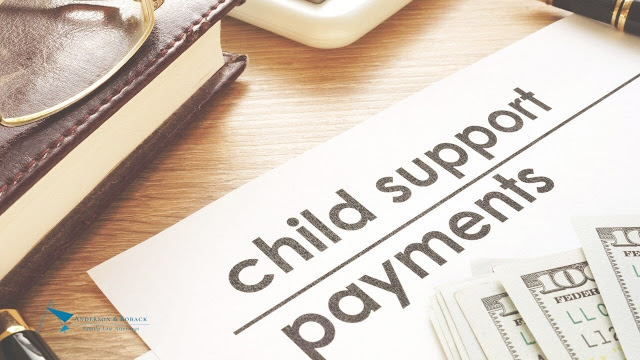Quit Claim Deeds and Divorce - What You Need to Know About

One aspect of a dissolution of marriage is the division of marital assets . For many couples, the largest asset is their home. The court has two options when it comes to the marital home. If there are not enough assets to equal the equity in the home, or neither party can afford to pay the other party for their interest in the home, the Court will likely order the home sold and the proceeds split. However, if there are other assets or one party can buy the other out, the Court may order the party giving up the home to execute a quit claim deed. Here, we discuss quit claim deeds and how you could use them as a vehicle to facilitate asset division in a divorce. When Quit Claim Deeds are an Asset Transfer Solution in a Divorce? A quit claim deed is an easy way to transfer interests in a home. A quit claim deed has less formality than a standard warranty deed and makes for a quick and efficient transfer among parties who are divorcing. If you and your spouse agree to...








